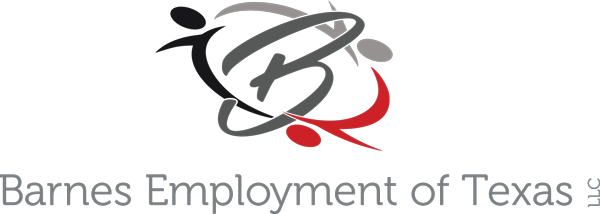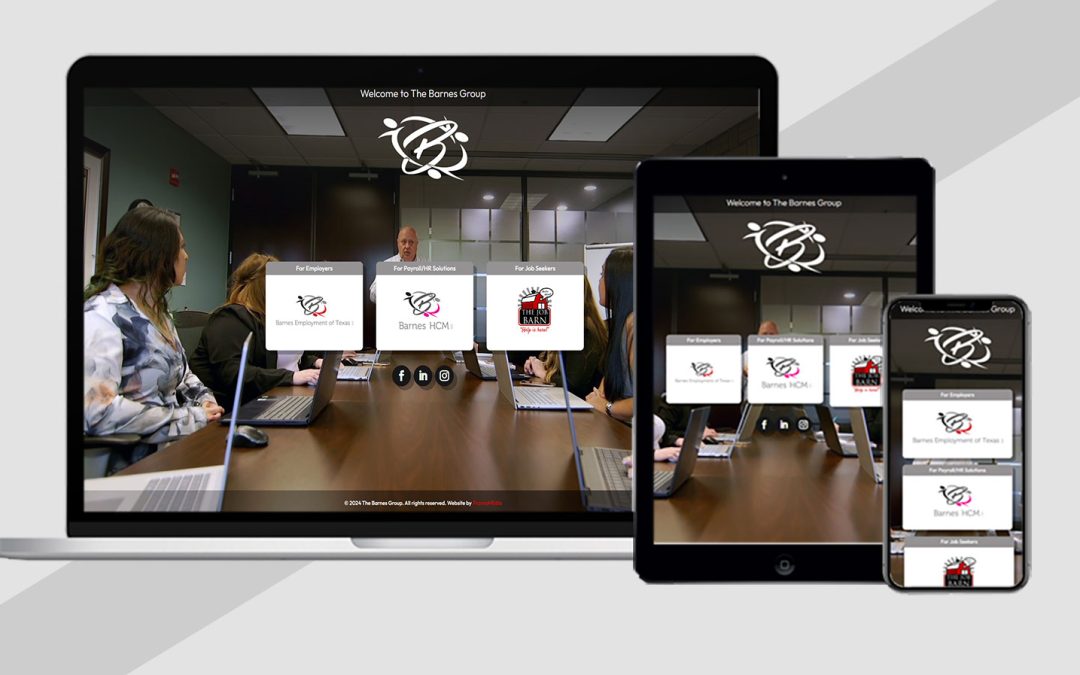The Function of HR:
The HR function plays a vital role in organizations by managing the most important asset - its people. HR professionals are responsible for ensuring that the organization has the right talent, policies, and practices in place to support its strategic goals. They serve as a bridge between management and employees, ensuring smooth communication and understanding of organizational objectives.
The roles of HR professionals involve various activities related to employee management, such as hiring, onboarding, performance management, and employee engagement. They also play a critical role in shaping the organizational culture and values, as well as ensuring compliance with employment laws and regulations.
Recruitment and Talent Acquisition:
Recruitment and talent acquisition are key roles of HR professionals. They are responsible for identifying and attracting qualified candidates for open positions within the organization. This involves creating job descriptions, advertising job openings, screening resumes, conducting interviews, and selecting the most suitable candidates.
Moreover, HR professionals also play a crucial role in talent acquisition by developing and implementing strategies to attract top talent. This may include building relationships with universities and professional organizations, attending job fairs, and utilizing social media platforms for engagement.
Employee Relations and Conflict Resolution:
Maintaining positive employee relations and resolving conflicts are important responsibilities of HR professionals. They serve as a mediator between employees and management, ensuring fair treatment and resolving workplace issues.
Specifically, HR professionals are responsible for implementing policies and procedures that promote a harmonious work environment and prevent conflicts. They handle employee grievances, conduct investigations, and facilitate resolution through effective communication and problem-solving techniques.
Training and Development:
Training and development are other key roles of HR professionals. They are responsible for identifying the training needs of employees and designing and implementing training programs to enhance their skills and knowledge.
Furthermore, HR professionals also play an integral role in employee development by providing opportunities for career growth and advancement. This may include creating development plans, conducting performance evaluations, and offering mentoring and coaching programs.
Compensation and Benefits Management:
Compensation and benefits management is an essential responsibility of HR professionals. They are responsible for developing and administering compensation and benefits programs that attract, motivate, and retain employees.
For example, HR professionals ensure that employees are fairly compensated for their work by conducting salary surveys, analyzing market trends, and designing competitive compensation packages. They also manage employee benefits, such as healthcare, retirement plans, and paid time off, and ensure compliance with legal requirements.
Regardless of the size of your organization, HR plays a crucial role in your workplace.
If you need help with your organization’s HR, The Barnes Group can handle all your Human Capital needs.









